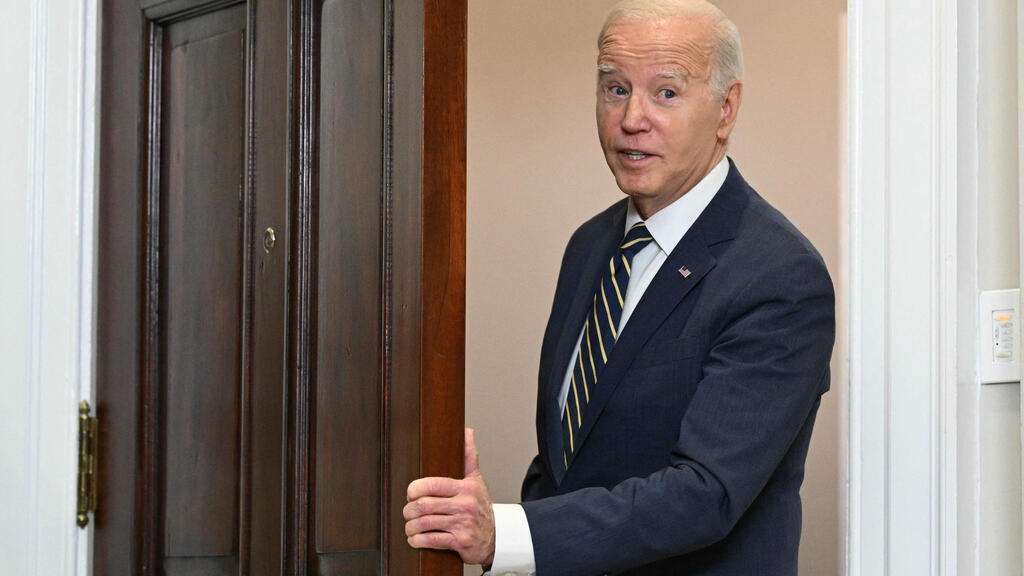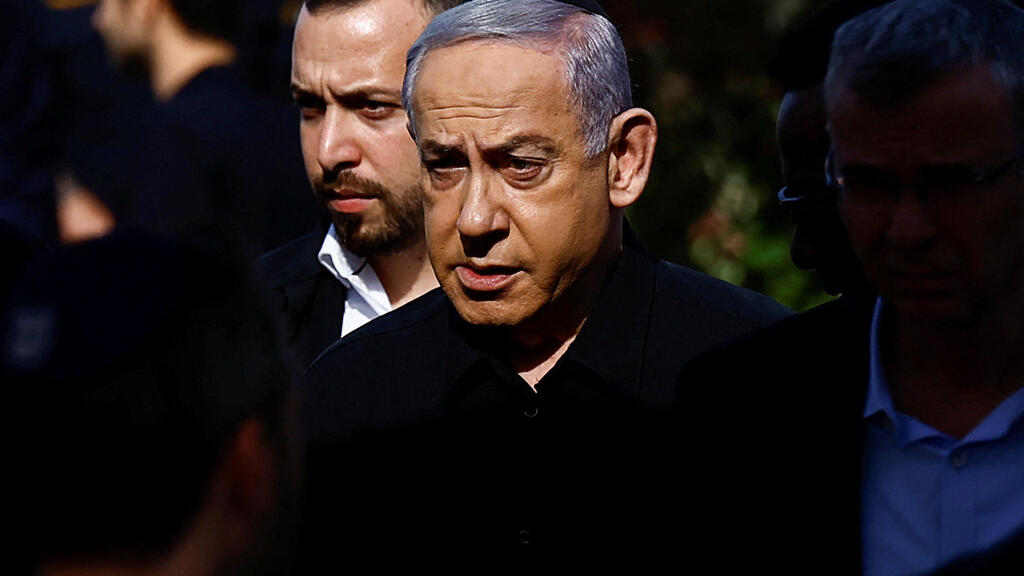Getting your Trinity Audio player ready...
Many officials in Israel were surprised by comments made by U.S. President Joe Biden on Tuesday on the need of Israeli Prime Minister Benjamin Netanyahu to make changes in his government. Biden spoke to donners to his reelection campaign and criticized what he called indiscriminate bombing in Gaza. He said the Israelis were right about the need to eliminate Hamas but slammed Netanyahu for his positions on a 2-state solution to the conflict with the Palestinian.
More stories:
"Israel's security can rest on the United States, but right now it has more than the United States. It has the European Union, it has Europe, it has most of the world ... But they're starting to lose that support by indiscriminate bombing that takes place," Biden said.
The president's words reflect the deep divide between the administration and the government in Jerusalem which has emerged into public view over two points, the first being the continued war in Gaza. The U.S. want to see the veracity of the IDF operation reduced and the bombing campaign ending by early January.
Washington had not put an explicit deadline for that to happen but have made clear that Israel's time to continue the war as it has been waged, was running out and the battle against Hamas would have to be conducted with more care and precision to avoid civilian casualties.
Biden is facing a presidential election next year and the images of civilians killed in Gaza, has prompted his unusually harsh accusation that Israel was indiscriminately bombing the Strip in its war against Hamas.
But the U.S. is also looking ahead at the day after the war and was enraged by the public remarks made by Netanyahu that he would not allow the involvement of the Palestinian Authority in the management of Gaza. Netanyahu said he would not repeat mistakes made by Israel when it signed the 1992 Oslo accords that created the PA, which he said was supporting terrorists and had failed to condemn that Hamas massacre.
The prime minister's position would prevent a two-state solution, which in the U.S. position is the only viable end to the conflict, and would also upend any chance for a deal that would normalize relations between Israel and Saudi Arabia, which Biden had hoped would be his main foreign policy achievement ahead of the elections.
Amid the American pressure on Israel, no public, U.S. National Security Advisor Jake Sullivan will arrive in Israel for meetings with its leaders on Thursday, followed by Secretary of Defense Lloyd Austin who is scheduled to arrive next week accompanied by head of the Joint Chiefs General Charles Brown.
The administration wants to see the IDFs operational planning and influence it as much as possible. The Americans understand that in the current make up of the government, there could be no progress made on the Palestinian front which is why Biden repeated comments he had made in the past about the far-right coalition and particularly about Finance Minister Bezalel Smotrich and National Security Minister Itamar Ben-Gvir, who are both unwelcome in the U.S..
3 View gallery


National Security Minister Itamar Ben-Gvir and Finance Minister Bezalel Smotrich in the Knesset
(Photo: Alex Kolomoisky )
The president's seemingly off the cuff comments show Biden's frustration and concern that he is once again being misled by Netanyahu who may be seeking a public showdown.




